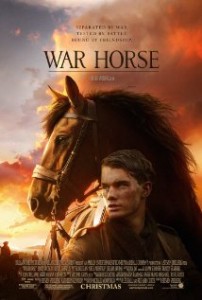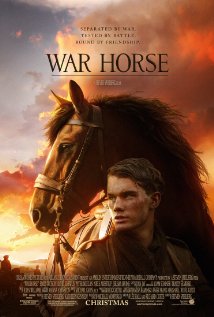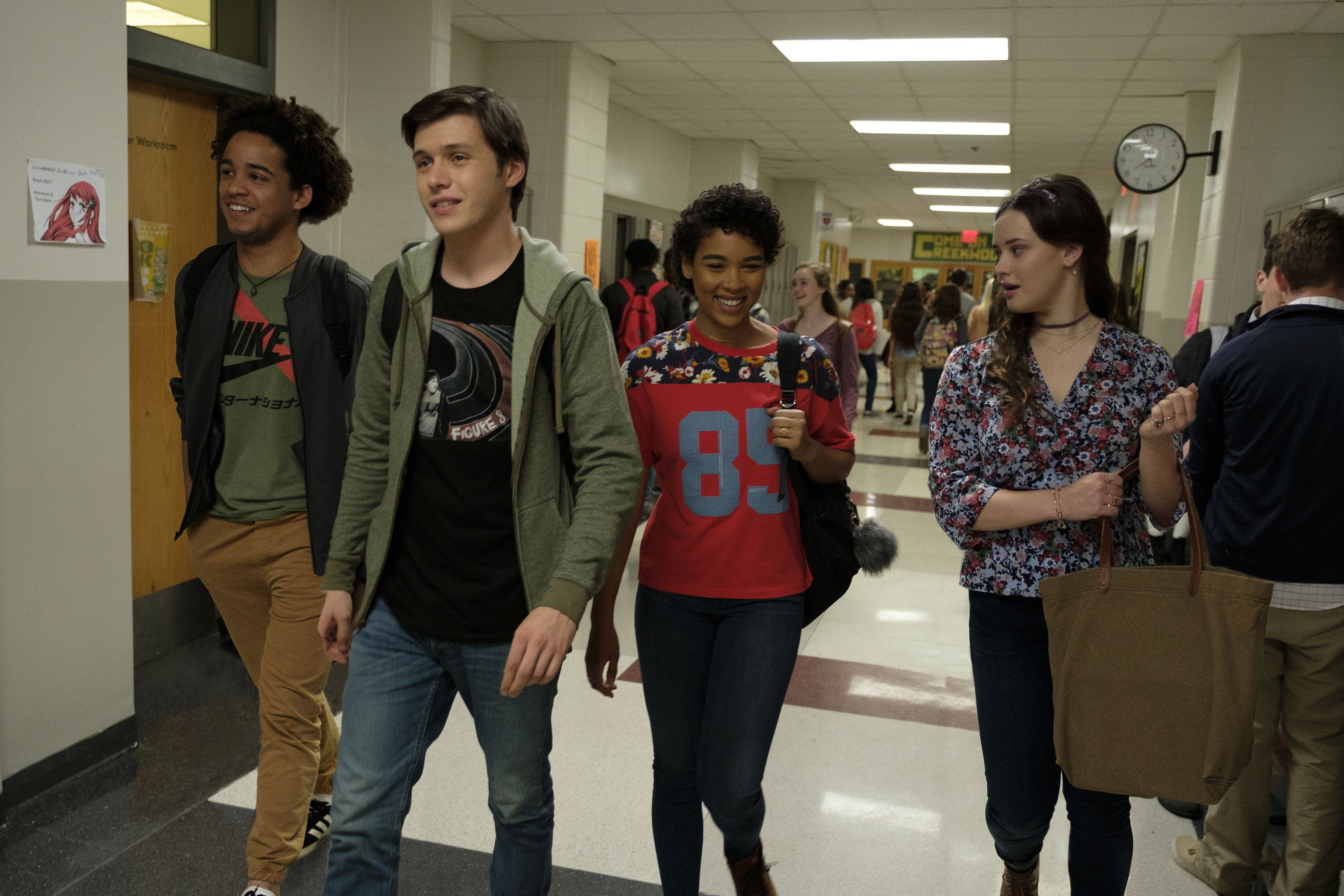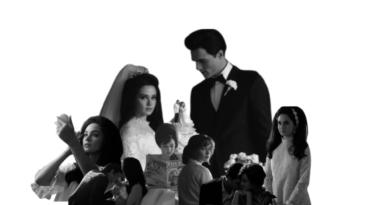War Horse: Powerful imagery makes an outstanding film

By Pranav Trewn,
HUB Correspondent–
Even with such a variety of exciting titles released this holiday season, “War Horse” manages to distinguish itself from the herd with its heart, technical greatness, and imagery. Yes, a horse movie can actually be more exciting than a tale of a violent detective or a star-studded story of the biggest party night of the year.
“War Horse” begins with the newly purchased Joey, the title horse, being trained by and forming a bond with young Albert (Jeremy Irvine), the son of Ted Narracott (Peter Mullen), a man who drinks to forget his past in the military. But Joey proves incapable of doing the demanding plow work that he is needed for on the Narracott farm. So, in order to make up the money Ted spent on Joey in the first place, Joey is sold to the cavalry, which is preparing for the Great War, much to Albert’s dismay.
From that point on, the movie is essentially a series of encounters between Joey and various other characters he meets throughout his journey during the Great War. These encounters showcase war’s effects on the populations of the fighting countries and every scene is like a different Beatles album: each has its own unique merits.
However, a prominent issue with the film is that we care far more about the humans that surround Joey than we do about the dreary horse himself. Joey is used as a tool in order to propel the script forward from scene to scene, but he unfortunately trots slowly by the least interesting people and gallops through the most.
Some of the people Joey meets shouldn’t have gotten off the saddle so quickly, such as a British officer who befriends a broken-hearted Albert (portrayed excellently by Tom Hiddleston) and two German brothers who risk their lives ditching their fellow soldiers in order to stay together. Their brevity of time on screen leaves the characters’ stories generally undeveloped, leaving the viewer wishing for more.
Still, there is absolutely no denying Spielberg’s outstanding directing. The images from “War Horse” stick with you long after you leave the theater and the cinematography is nearly flawless. Spielberg’s war scenes prove to be the best of the film as they do in his other works such as “Saving Private Ryan.”
The old-fashioned feel to “War Horse” proves to be a rewarding touch and the film demands sympathy. It is difficult not to feel solemn after seeing the battlefield littered with dead horses after an unsuccessful British attack on a German camp.




